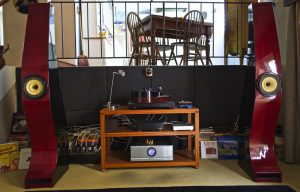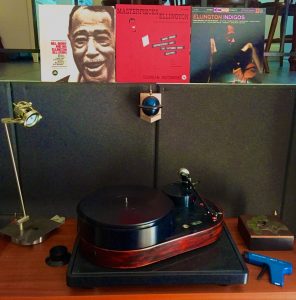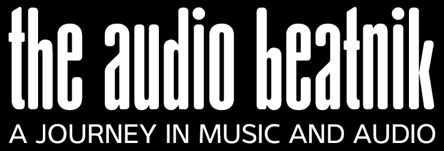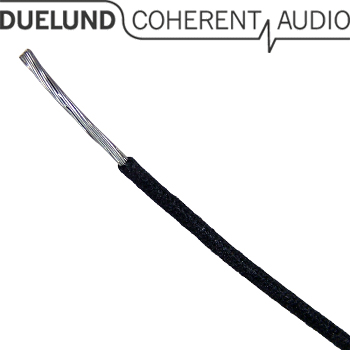Back in August, I began to listen to the Duelund DCA16GA as speaker wire. In very late August I posted my first thoughts about it, and I said, “I’m a little late to this game, but let me say better late than never. I am an avid reader of Jeff Day’s blog, Jeff’s Place. For over a year Jeff has been talking about using the Western Electric WE16GA for speaker cables and Belden 8402 microphone cables for interconnects. This all started for Jeff because of a recommendation from Mr. Shirokazu Yazaki, founder of SPEC Corporation, who used the Western Electric WE16GA wire as speaker cables as his personal reference both for the research and for the design work for the SPEC Corporation Real Sound Amplifiers.
I share that for a little perspective and highly recommend that you read what Jeff Day has written as well as what Jim Smith, author of the book, Get Better Sound, and Quarter Notes, has written about theses wires. If you haven’t already read my two previous articles on them, you might want to read them as well. Here are the links to my first and second posts on Duelund wire.
So, this is my third adventure using the Duelund DCA16GA tinned copper wire as speaker wire. You might ask what led me to put the Duelund back in again after my conclusions in Part II. It came about as I listen to the new and wonderful DS Audio DS-Master1 optical phono cartridge system and then again when I listened to my Soundsmith Strain Gauge cartridge. I had just gotten the Strain Gauge back from Peter who had just brought the cartridge up to the most current model.

Anyway, I pulled out my Duelund and put it back in the system; at first, I didn’t change anything but the speaker wire. I should mention it sounded exactly like it did when it was brand new. It seems that tinned-copper wire after not being played for a while sounds a little rough, brash, and two-dimensional. It begins to sound a little better after about 5 hours, but just like when it was new, it took nearly 100 hours to sound really good. I mention this because if you don’t give it time, you’ll think those of us who like this wire have lost our marbles.
Another area that is improved by this wire, especially with the DS-Audio Master1, is the soundstage. It’s still not as wide as with more modern wire, but with the Master1 it’s pretty darn good. On the plus side, the soundstage with the Duelund is also holistic and very believable.

One of the best things about the Duelund wire is how emotionally involved my system sounds when using it. It also, makes it more difficult for me to describe the sound. I promise you it is wonderfully musical, but I find it very difficult to describe in audiophile terms. I can tell you that with the Duelund DCA 16GA in my system, I find myself so drawn into the music.
In my second article about the Duelund DCA116A wire I said, “I should also remind you I am comparing a pair of cables that cost $120 a pair to those that retail for $14,700; that in itself is ridiculous. The advantages of the CT-1UR cables I mentioned in the first article are a little more than I realized. There is no doubt the High Fidelity UR are significantly quieter, making it much easier to hear the air around and within both instruments and voices. I was also correct when I said the bottom end was tighter and deeper, what surprised me was that over time I missed this more than I had thought I would. Which of the two cables sounded most alive seemed to vary from album to album.”
I still hear those three differences, but the differences are smaller with either the Master1 or the Soundsmith Strain Gauge than with the DS-W1. I also think the use of the Belden 8402 microphone cables as interconnects increased the difference. So my next post about the Duelund DCA16GA cable will be on what they sound like in my system as interconnects. I’m having some made up and will pick them up soon.
Remember how the word leaked out of Japan about how wonderful Direct Heated SET amps and high-efficiency speakers sounded. So it was when word began to sneak out about how good NOS Western Electric WE16GA wire is as speaker wire. Then the price began to skyrocket, and even worse, counterfeits began to appear on eBay. Thankfully there are still companies like Duelund Coherent Audio who have the ability to not only reproduce but actually slightly improve on the NOS wire. Not only did they give us the wire; they priced it lower than we could have ever hoped for. Thank you Duelund!
Note: Part IV of my Duelund Copper-tinned Wire review is now online here.


